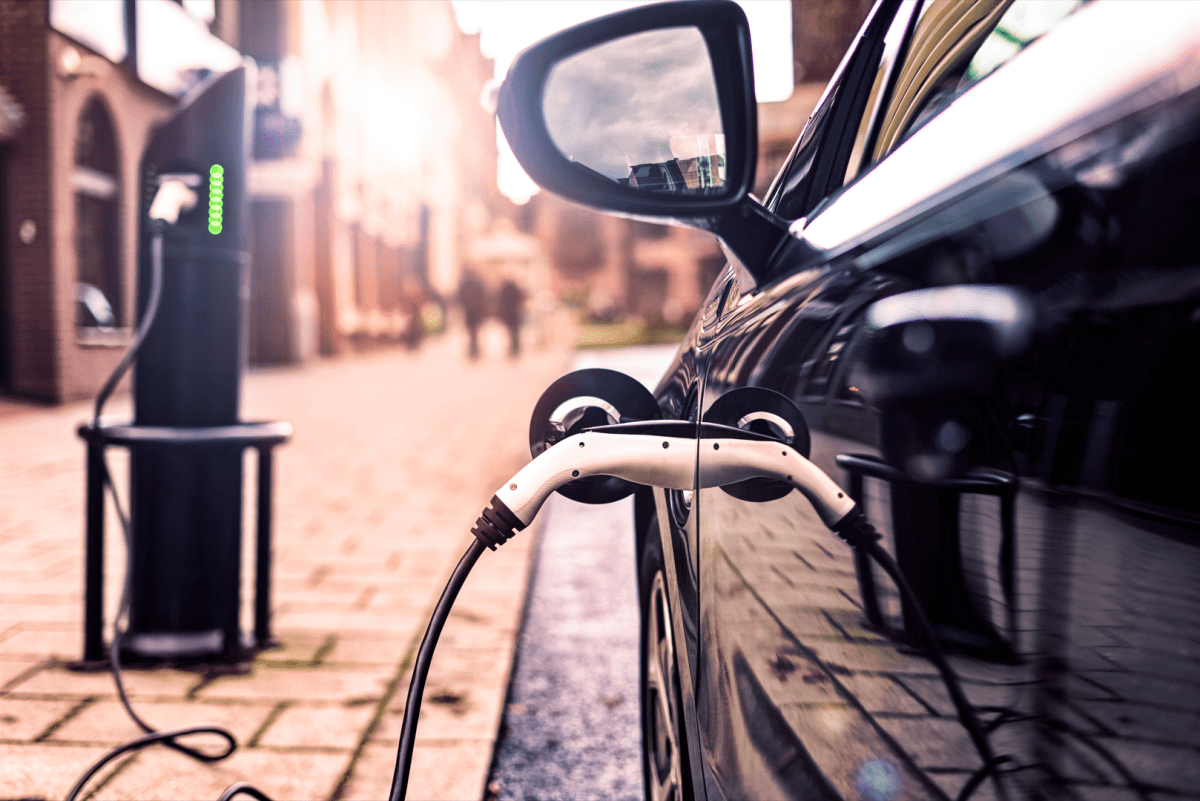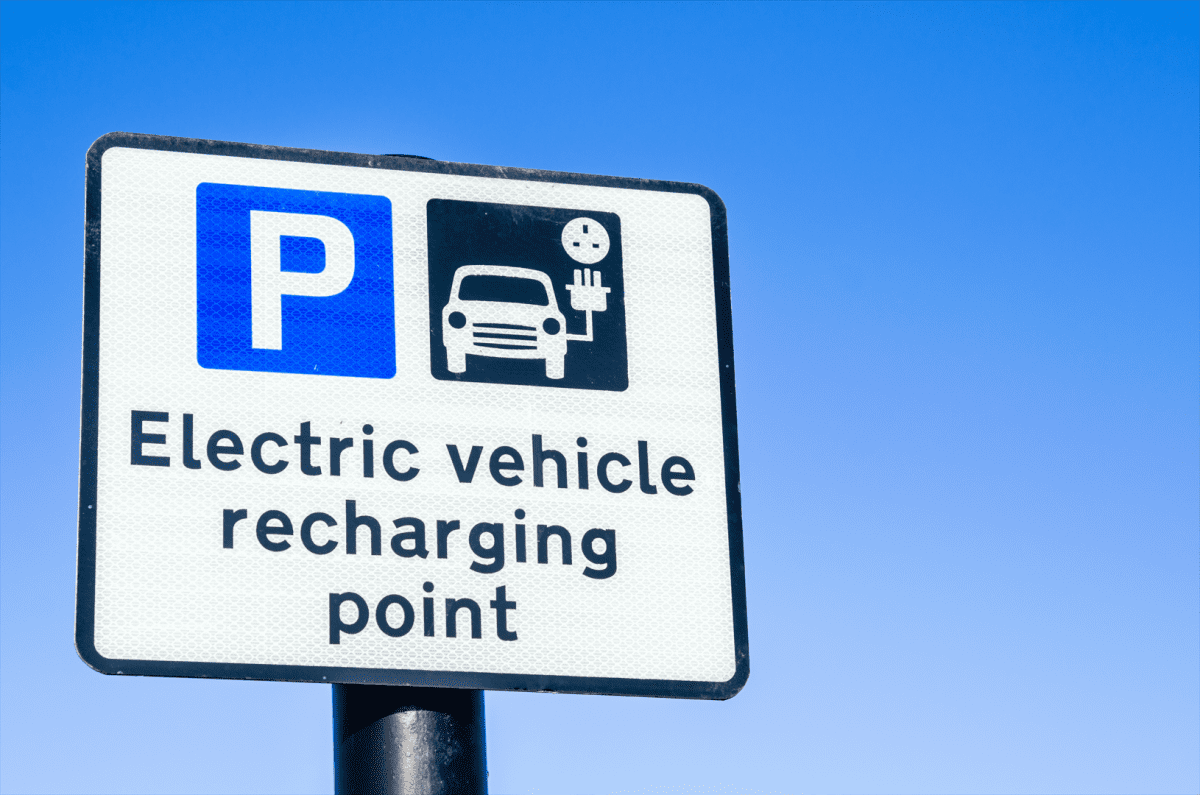25/07/2023
News
 Property agents are seeing ever increasing requirements seeking suitable sites for the development of EV (electric vehicle) forecourts, Bury St. Edmunds' director Simon Burton writes.
Property agents are seeing ever increasing requirements seeking suitable sites for the development of EV (electric vehicle) forecourts, Bury St. Edmunds' director Simon Burton writes.
Investors, developers and operators are offering a range of tenures and options to landowners, both conventional freeholds or long leasehold routes. There are also revenue-share models.
Policymakers are nourishing the EV ‘sweet spot’ by accelerating the pace of transition from fossil fuel-driven to EV-powered vehicles to meet Net Zero obligations.
The UK target for car manufacturing to be 100 per cent EV is 2030. By 2035, lorries weighing less than 26 tonnes, all vans and passenger cars sold must have zero-emissions.
According to Charge UK - a trade body of 18 of the largest charging companies - £6 billion of private capital is committed to doubling the amount of publicly available EV chargers by the end of this year.
The trade body reports that there was a scaling-up of the number of rapid chargers by 180 per cent in Q1 2023 from the rate in 2022’s Q4.
EV service providers, as well as EV drivers, are keen for a countrywide network of charging forecourts. Add to this heady mix, favourable introductory fee percentages, minimum fee guarantees, and quick turnaround incentives for property agents who find the right sites and we’re good to go aren’t we?
However, almost every commercial or residential land & property investor or developer shares the same criteria for ‘suitable sites’.
The ideal site should be connected to, or close to, the power grid. Preferably a virgin site with no previous development legacy, but one where the local planning authority will support the proposed use.

As an aside, in assessing grid connection, EV operators can be looking to capacity of 800KVA (kilowatt volt amperes) to 1MVA (mega volt amperes), however in the right locations EV operators are prepared to navigate and seek to obtain the necessary power connection.
This ‘right site’ must have good access to a motorway, trunk road or arterial route and proximity to a conurbation or significant centre of population.
Unquestionably, conventional forecourt site owners & operators should be in the best EV position already. They have sites in prime locations and full conversion from fossil fuels to EV charging forecourts is just detail for them.
Our job as property agents is to reconcile ‘requirements’ with the reality on the ground, particularly in areas of high land values such as the East of England & the East Midlands where there are still significant farmland markets.

Key to the attractiveness of a site to EV forecourt operators is giving drivers & passengers a reason to stay while the vehicle charges.
Does one exist already on the site? Can the creation of a new one make for other on-site commercial opportunities?
Think about an awkward corner of an industrial estate or retail park, perhaps? Redundant pubs or roadside cafés sites? A row of residential properties blighted as a result of road widening or improvements?
Eddisons - in common with our agency peers - would urge landowners to get in contact where they feel there may be some potential opportunity to accommodate this type of development, as they may be in an excellent position to extract additional value or open up wider development opportunities.




